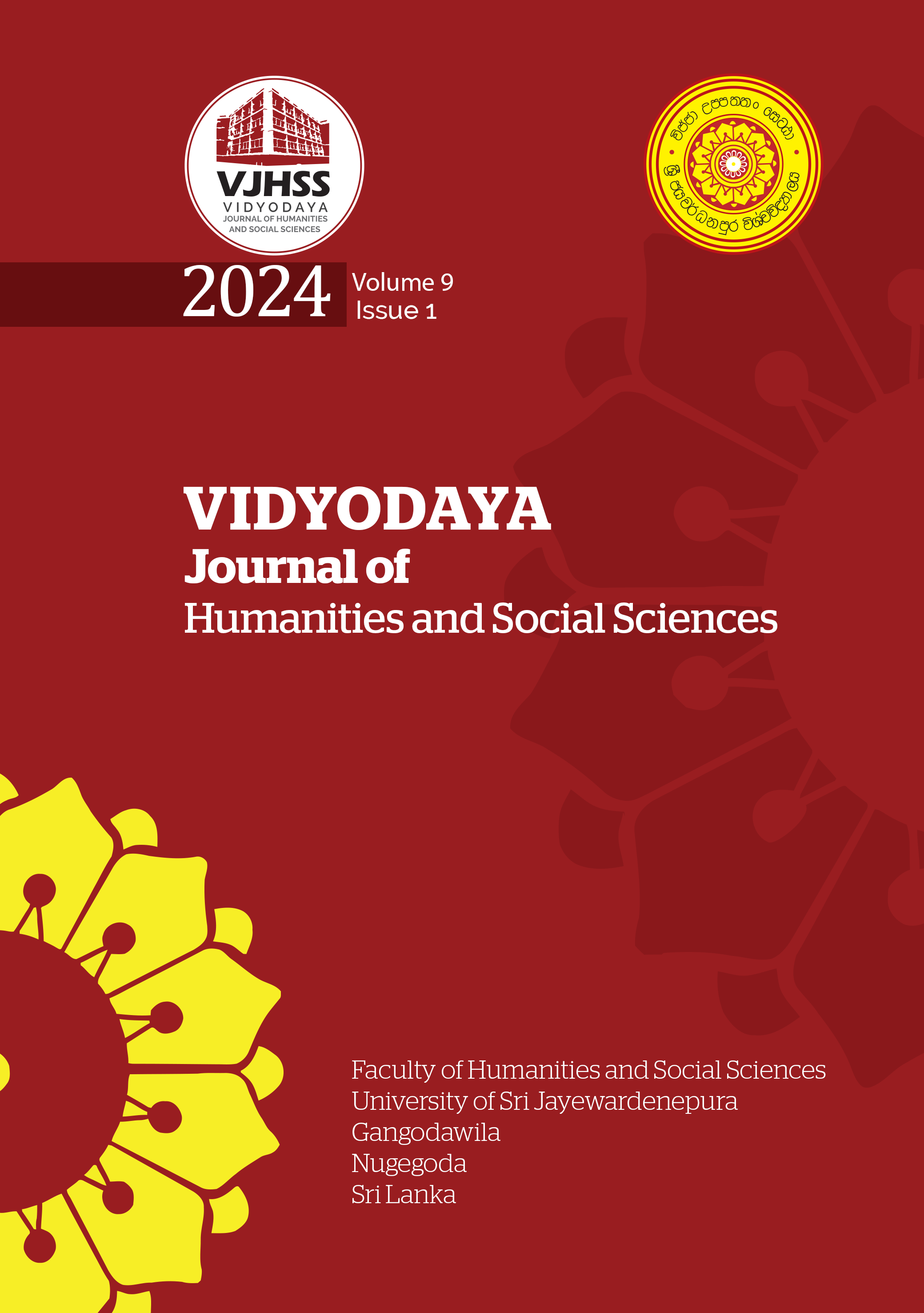A Study of the Philosophical Significance of the Teachings in the Kaṭhopaniṣad
Abstract
Upaniṣad literature can be called the most important group of Vedic literary works in Eastern philosophy, and one of its most important Upaniṣads called Kaṭhopaniṣad, is an Upaniṣad book of outstanding value literary and philosophically. This work, which belongs to the Kriṣna Yajurveda, discusses the facts in the form of a dialogue between Nachiketas and Yama. The primary purpose of this research is to investigate to what extent the philosophical importance of the teachings in the Kaṭhopaniṣad, and to what extent the teachings contained in the Kaṭhopaniṣad are similar to other Indian philosophical teachings and whether it covers all the basic study areas of the philosophy. It is expected to conduct a comprehensive study in this work. As this research is mainly used the book research method, it is primarily based on the study of primary and secondary sources. In addition to this, interviews with experts, journal articles and internet sources are used to gather information. Several philosophical methodologies are used to analyze the research problems including descriptive analysis, critical method, comparative method and analytical method. According to the analysis of this research, the final conclusion can be implied that there can be many similarities between Kaṭhopaniṣad and Buddhism not only in terms of the ideas of the teachings of it but also in the way of expression in its technical terms. In addition to this, another point in the conclusion is that philosophically Kaṭhopaniṣad is an extremely important literary work that includes a certain kind of metaphysics, cosmology, epistemology, psychology as well as ethics.



